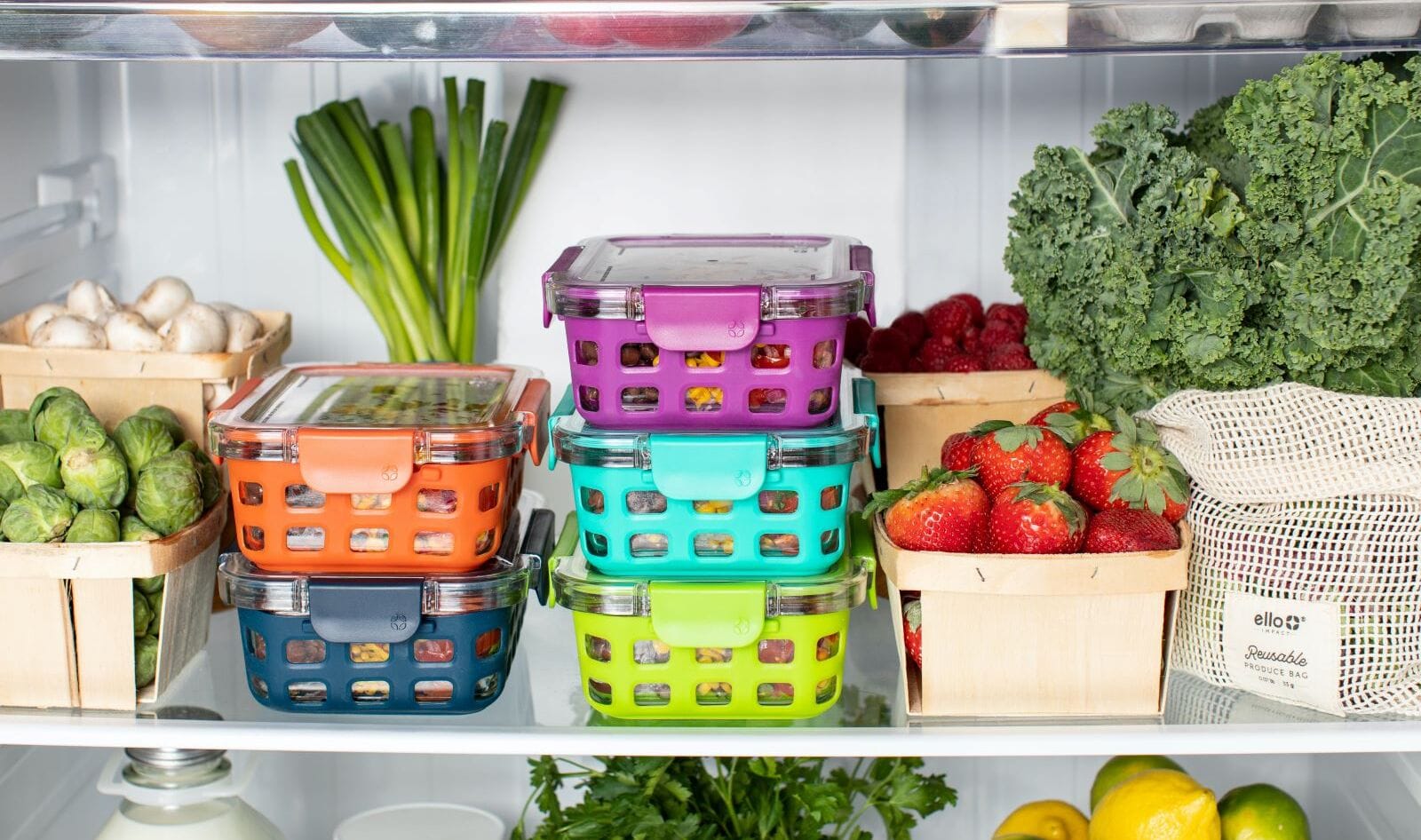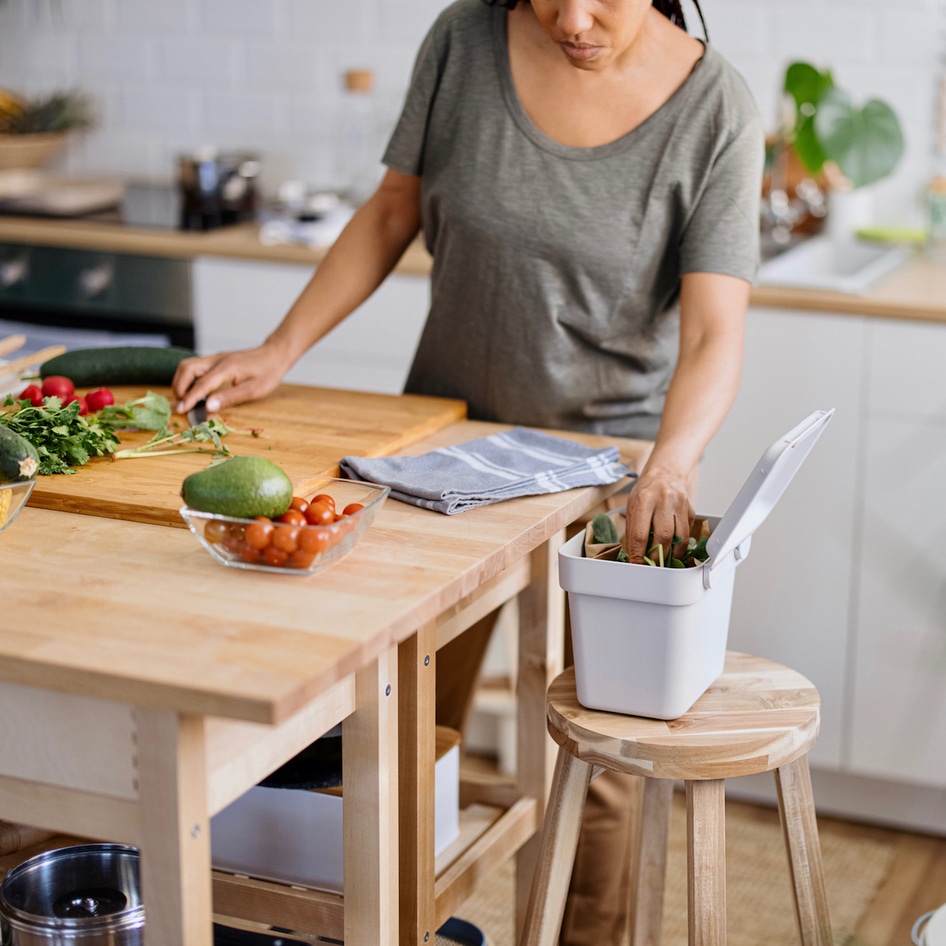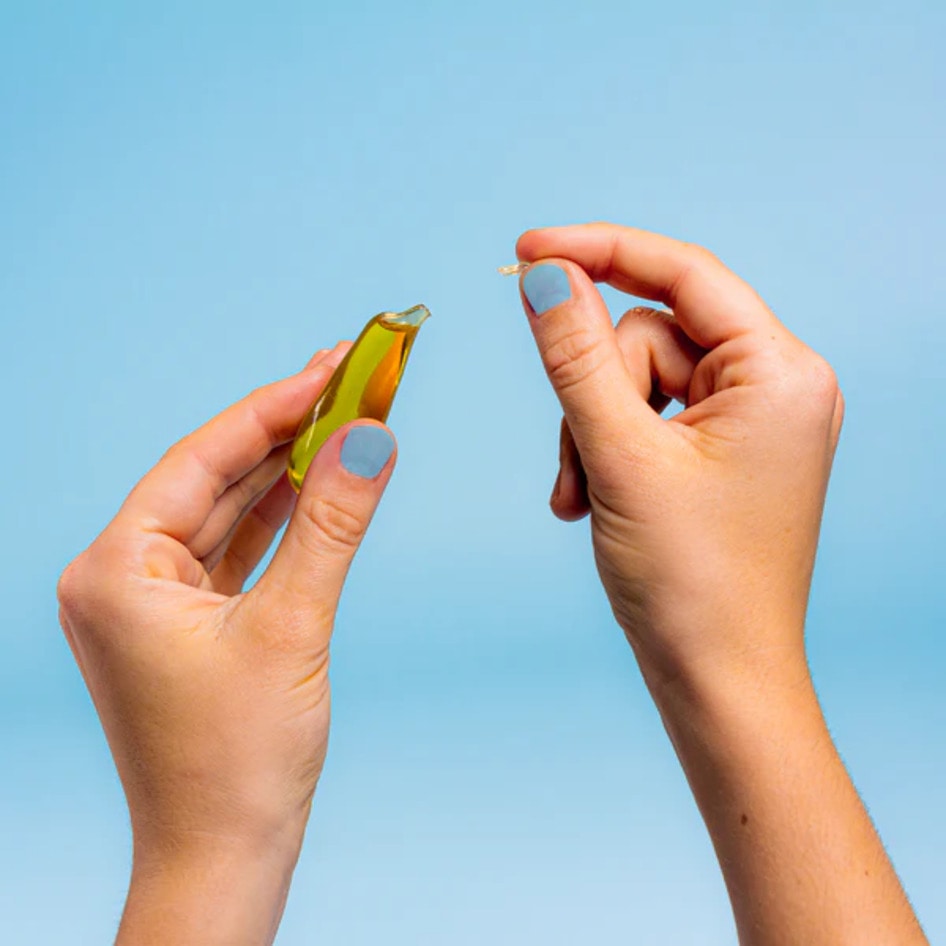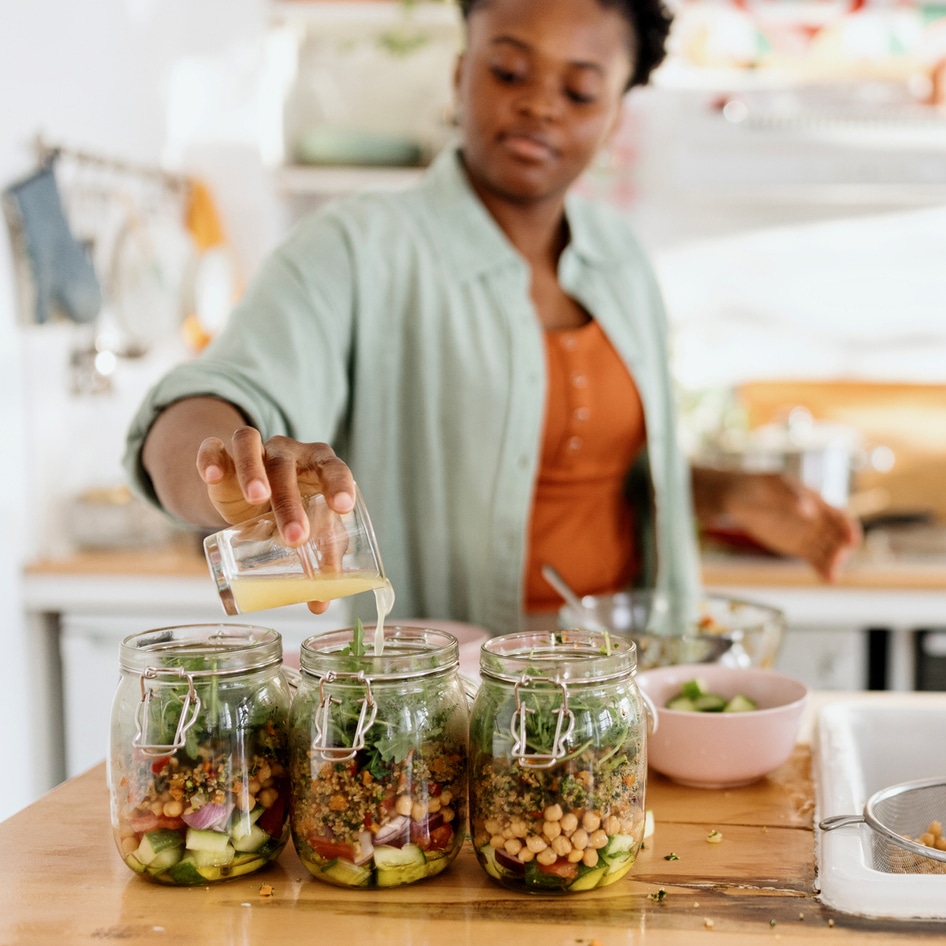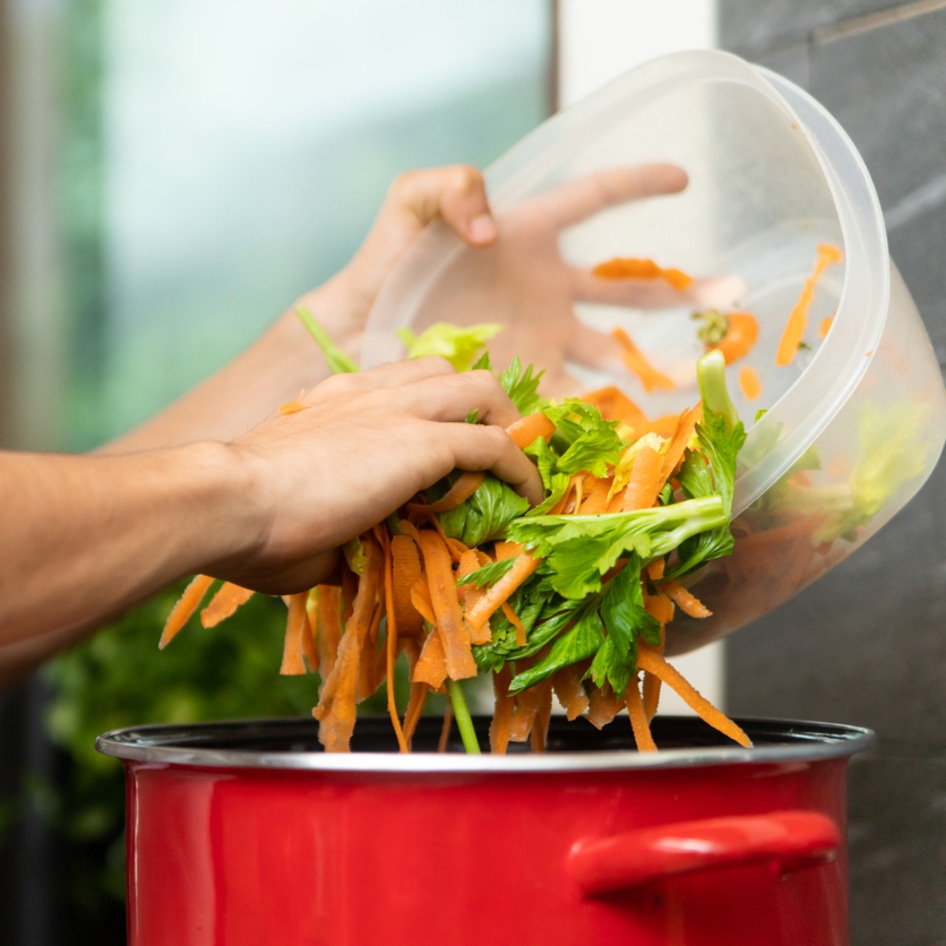Horticultural scientists from Edith Cowan University (ECU) have spent the past year collating research from around the world to investigate the potential benefits of applying melatonin to fruits and vegetables. The aim of the study is to enhance the longevity of these highly perishable foods and reduce postharvest losses.
Professor Zora Singh, the lead researcher on the project, revealed that as much as 44 percent of fresh horticultural produce is lost between the farm and the consumer’s table, with a significant portion of these losses attributed to “chilling injury.”
Chilling injury manifests as abnormal ripening, sunken spots, flesh hardening, and browning of peel and pulp in cold-stored fruits. Similarly, vegetables experience symptoms such as tissue browning, translucency, and water-soaked lesions. Singh emphasized that this phenomenon plays a pivotal role in postharvest losses.
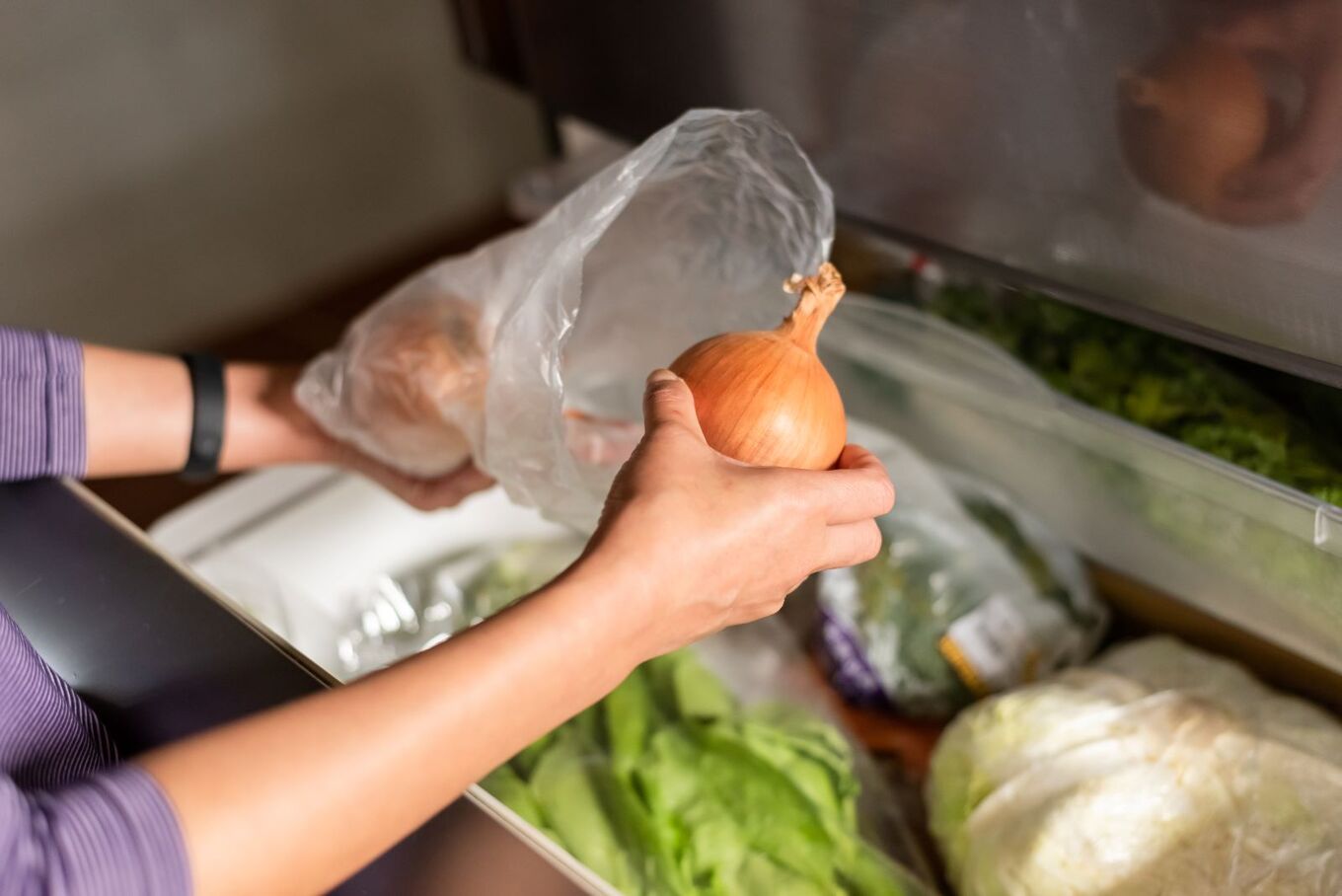 Adobe
Adobe
“The average storage temperature for subtropical fruits and vegetables usually range from 4–8°C while 10–20°C is optimum temperature to avoid chilling injury in tropical horticultural produce,” Singh said in a statement.
Can melatonin keep produce fresh?
Research by Singh and his team points toward melatonin as a potential solution to prevent or alleviate the effects of chilling injury on cold-stored fruits and vegetables. Their study was recently published in the journal Food Reviews International.
Melatonin, a natural hormone associated with sleep regulation in living organisms, is believed to mitigate chilling injury symptoms by maintaining higher levels of antioxidants and preserving the freshness of the produce.
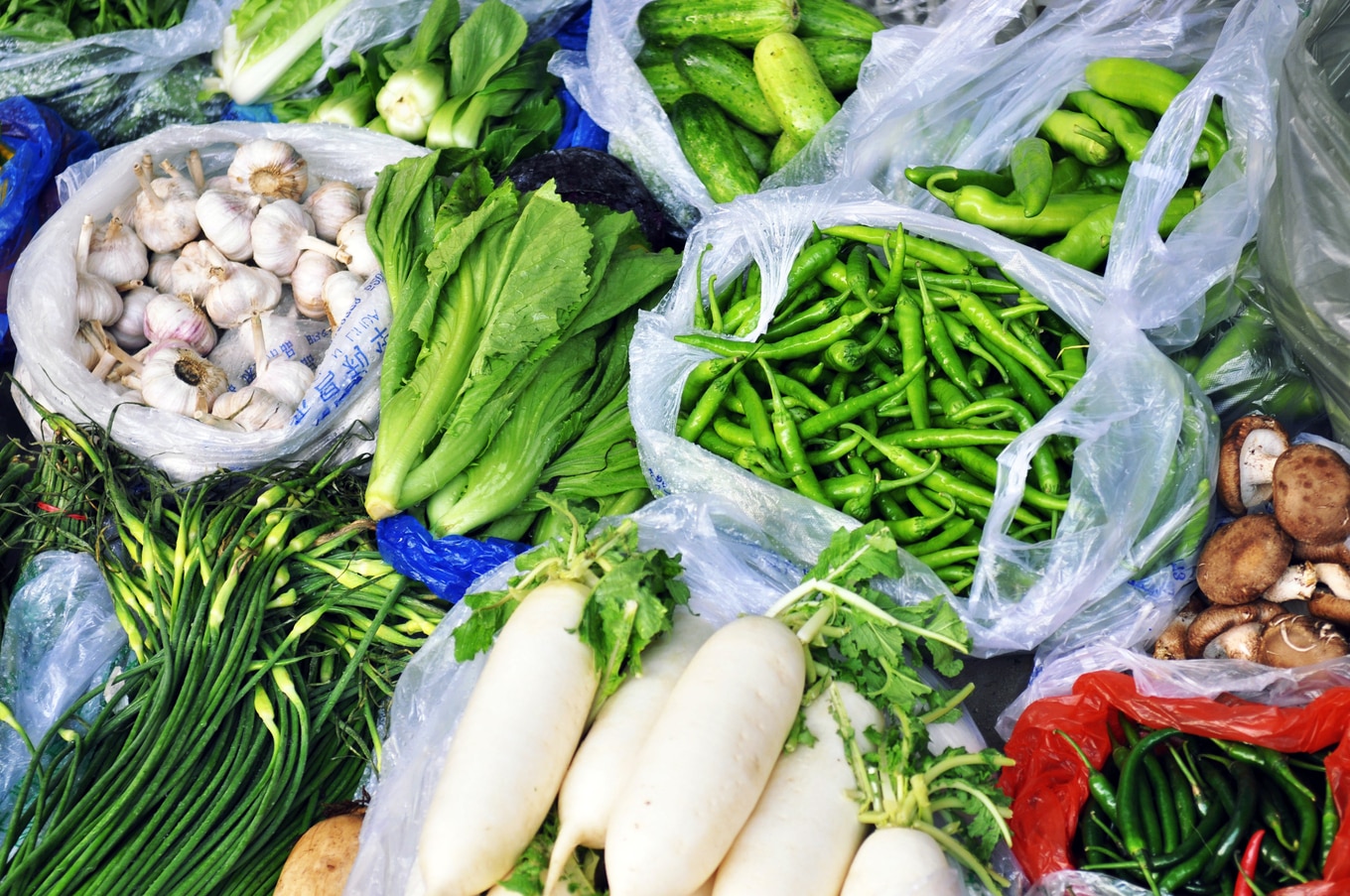 Unsplash
Unsplash
Shoaib Shah, a researcher and PhD student on the team, emphasized the safety and sustainability of using melatonin. “Melatonin is a natural sleeping hormone in living organisms, and it is also helpful in reducing chilling injury symptoms and membrane leakage by maintaining higher levels of antioxidants and freshness of horticultural produce,” Shah said in a statement.
“Melatonin is a safe alternative to hazardous chemical treatments, without any adverse effects on the consumer health,” Shah added.
A global food security imperative
As food losses mount annually, the issue of food security continues to escalate around the world. In fact, 13.2 percent of food, valued at $400 billion, is lost between harvest and the retail market; and 17 percent of food produced is wasted in households, food services, and retail.
This, in turn, has an impact on the environment: Food loss and waste are responsible for approximately 8-10 percent of global greenhouse gas emissions.
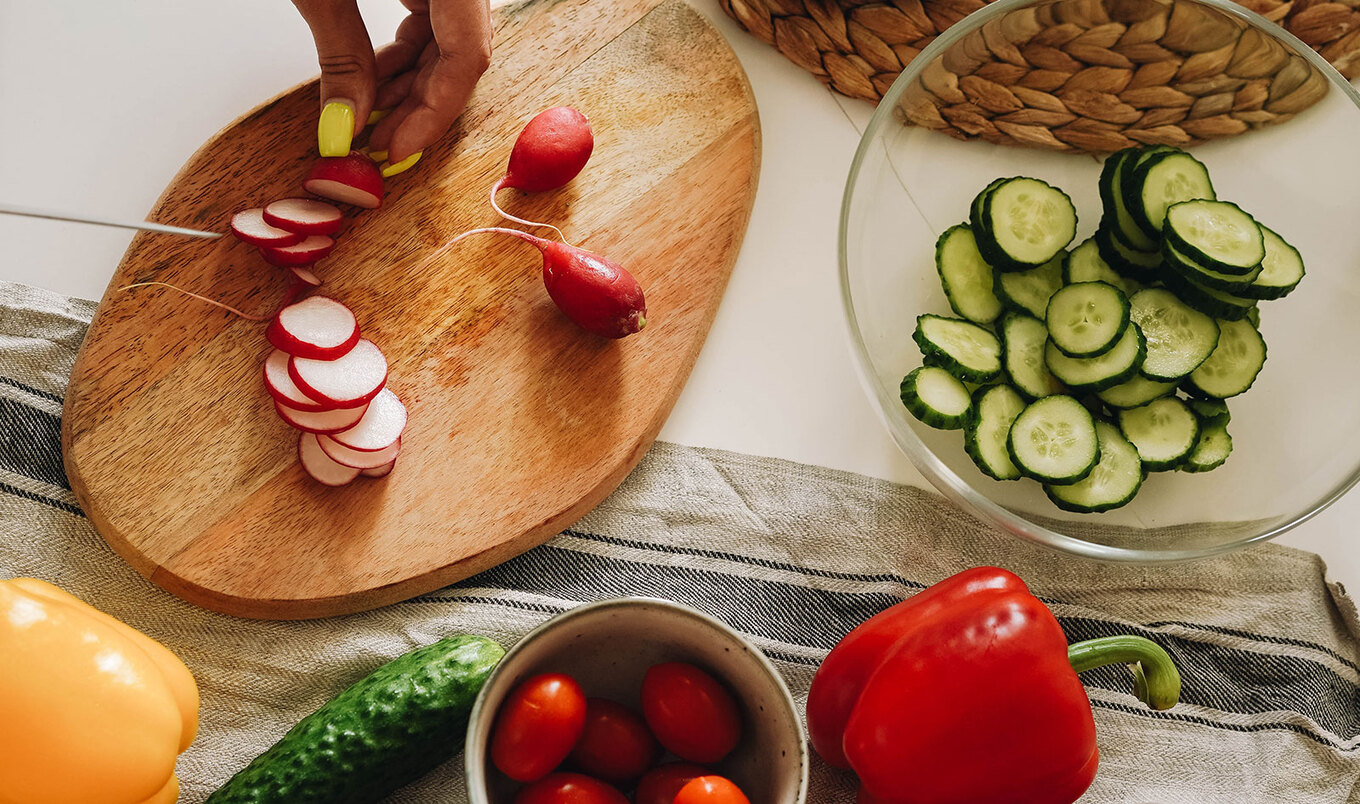 Pexels
Pexels
This pressing global challenge is further exacerbated by the decline in fresh produce, particularly fruits, due to factors such as diminishing agricultural land, water scarcity, climate change, and soil degradation.
Chilling injury, which renders 44 percent of fruits and vegetables unfit for consumption globally, significantly contributes to this decline.
Tropical and subtropical fruits are particularly susceptible to chilling injury, given their high perishability. While apples can be stored for up to nine months, berries have a mere refrigerated lifespan of seven to 12 days.
Singh underlined the unique vulnerability of fresh horticultural produce compared to other crops. “When it comes to grains and other produce for harvest, they are more resilient than fresh horticultural produce,” Singh said.
“Fruit and vegetables are not only challenging to grow, preserving them is immensely difficult and this is a crisis affecting nations all over the world, so we need to find the solution to keep producing food from the earth in a sustainable way,” Singh said.
Currently, Singh and his team are diligently working to address the challenges of global food and nutritional security. Their focus lies in enhancing production technology and reducing postharvest losses in fresh horticultural produce across the entire supply chain.
How to reduce food waste
While Singh’s research focuses on reducing food waste in an effort to help address food security, other researchers, businesses, and nonprofit organizations are also working to bring solutions to this immense issue.
For example, Dutch company OneThird developed a tool to help determine when an avocado will be perfectly ripe so that consumers don’t end up throwing it away if it goes bad too soon. To use the tool, shoppers scan the avocado in question and the tool reveals its remaining shelf life in real time using an artificial intelligence-powered optical scanner.
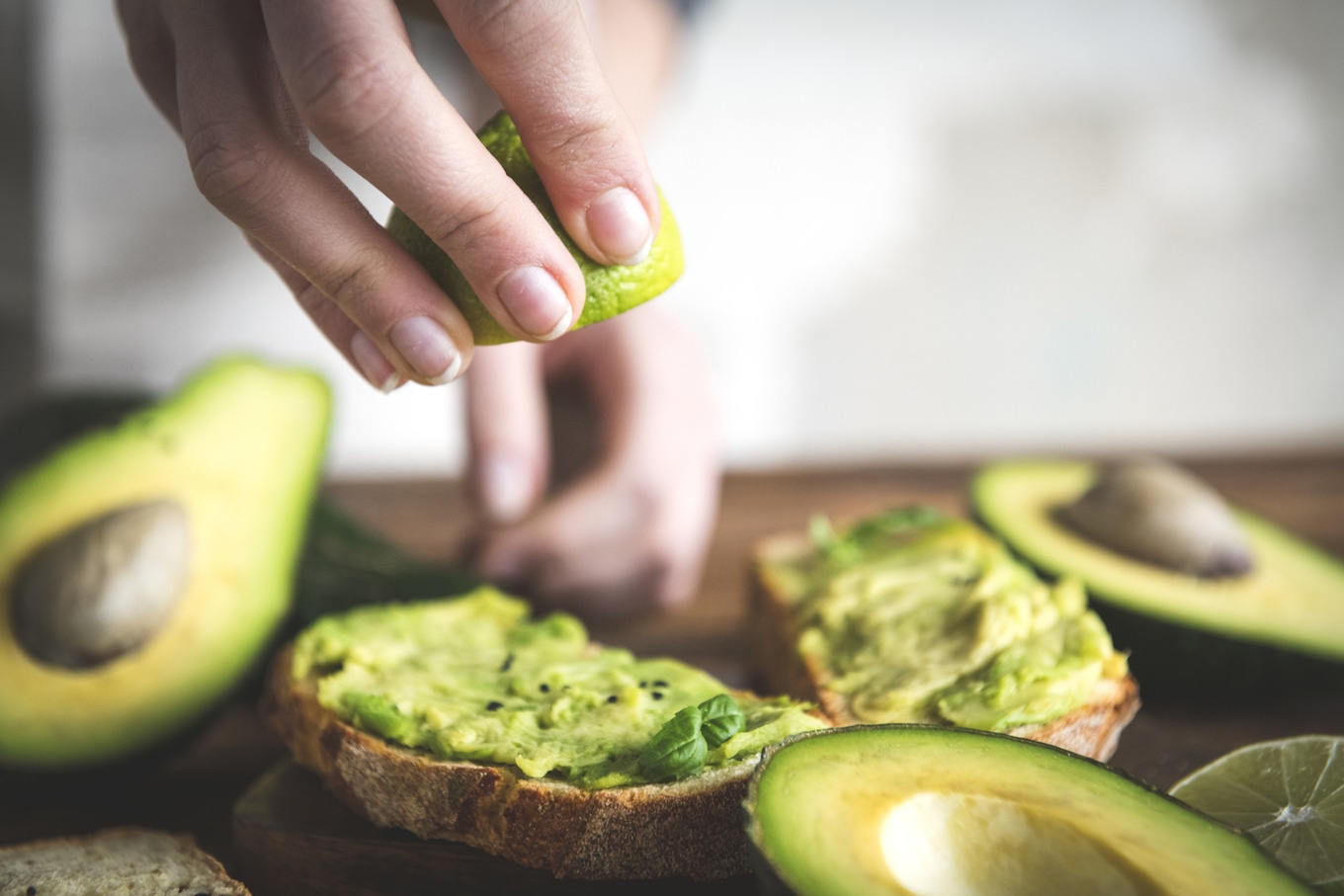 Rouzes/Getty
Rouzes/Getty
“Whenever you buy an avocado and open it when it’s either still too firm or too soft, often it will end up wasted,” OneThird Founder and CEO Marco Snikkers previously told VegNews. “Giving consumers ripeness status of avocados will avoid them squeezing (aka damaging) the avocado or discarding it at home.”
For the latest vegan news, read:
JUMP TO ... Latest News | Recipes | Guides | Health | Shop

